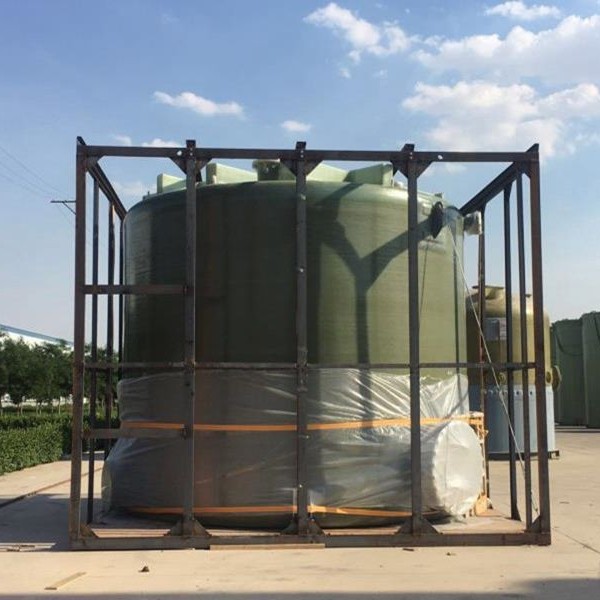
-
 Afrikaans
Afrikaans -
 Albanian
Albanian -
 Amharic
Amharic -
 Arabic
Arabic -
 Armenian
Armenian -
 Azerbaijani
Azerbaijani -
 Basque
Basque -
 Belarusian
Belarusian -
 Bengali
Bengali -
 Bosnian
Bosnian -
 Bulgarian
Bulgarian -
 Catalan
Catalan -
 Cebuano
Cebuano -
 China
China -
 China (Taiwan)
China (Taiwan) -
 Corsican
Corsican -
 Croatian
Croatian -
 Czech
Czech -
 Danish
Danish -
 Dutch
Dutch -
 English
English -
 Esperanto
Esperanto -
 Estonian
Estonian -
 Finnish
Finnish -
 French
French -
 Frisian
Frisian -
 Galician
Galician -
 Georgian
Georgian -
 German
German -
 Greek
Greek -
 Gujarati
Gujarati -
 Haitian Creole
Haitian Creole -
 hausa
hausa -
 hawaiian
hawaiian -
 Hebrew
Hebrew -
 Hindi
Hindi -
 Miao
Miao -
 Hungarian
Hungarian -
 Icelandic
Icelandic -
 igbo
igbo -
 Indonesian
Indonesian -
 irish
irish -
 Italian
Italian -
 Japanese
Japanese -
 Javanese
Javanese -
 Kannada
Kannada -
 kazakh
kazakh -
 Khmer
Khmer -
 Rwandese
Rwandese -
 Korean
Korean -
 Kurdish
Kurdish -
 Kyrgyz
Kyrgyz -
 Lao
Lao -
 Latin
Latin -
 Latvian
Latvian -
 Lithuanian
Lithuanian -
 Luxembourgish
Luxembourgish -
 Macedonian
Macedonian -
 Malgashi
Malgashi -
 Malay
Malay -
 Malayalam
Malayalam -
 Maltese
Maltese -
 Maori
Maori -
 Marathi
Marathi -
 Mongolian
Mongolian -
 Myanmar
Myanmar -
 Nepali
Nepali -
 Norwegian
Norwegian -
 Norwegian
Norwegian -
 Occitan
Occitan -
 Pashto
Pashto -
 Persian
Persian -
 Polish
Polish -
 Portuguese
Portuguese -
 Punjabi
Punjabi -
 Romanian
Romanian -
 Russian
Russian -
 Samoan
Samoan -
 Scottish Gaelic
Scottish Gaelic -
 Serbian
Serbian -
 Sesotho
Sesotho -
 Shona
Shona -
 Sindhi
Sindhi -
 Sinhala
Sinhala -
 Slovak
Slovak -
 Slovenian
Slovenian -
 Somali
Somali -
 Spanish
Spanish -
 Sundanese
Sundanese -
 Swahili
Swahili -
 Swedish
Swedish -
 Tagalog
Tagalog -
 Tajik
Tajik -
 Tamil
Tamil -
 Tatar
Tatar -
 Telugu
Telugu -
 Thai
Thai -
 Turkish
Turkish -
 Turkmen
Turkmen -
 Ukrainian
Ukrainian -
 Urdu
Urdu -
 Uighur
Uighur -
 Uzbek
Uzbek -
 Vietnamese
Vietnamese -
 Welsh
Welsh -
 Bantu
Bantu -
 Yiddish
Yiddish -
 Yoruba
Yoruba -
 Zulu
Zulu
fiberglass vessels and tanks
The Benefits of Fiberglass Vessels and Tanks
Fiberglass has emerged as a leading material for manufacturing vessels and tanks, revolutionizing various industries, from maritime applications to water storage systems. This composite material, made from fine glass fibers and resin, offers a unique blend of strength, durability, and resistance to corrosion. As industries continue to seek efficient and reliable solutions, fiberglass vessels and tanks are increasingly becoming the preferred choice.
Durability and Longevity
One of the primary advantages of fiberglass vessels and tanks is their exceptional durability. Unlike traditional materials such as metal or concrete, fiberglass does not corrode, rust, or degrade over time when exposed to harsh environmental conditions. This characteristic makes fiberglass an ideal option for water storage systems, wastewater treatment facilities, and maritime vessels. Additionally, having a longer service life translates into reduced maintenance costs and lower replacement frequency, making fiberglass a cost-effective investment in the long run.
Lightweight Nature
Fiberglass is significantly lighter than metals like steel and aluminum, making it easier to transport and handle during installation. This lightweight nature can lead to lower shipping costs and facilitate more straightforward and faster assembly on-site, whether for tanks or boats. In the maritime industry, the reduced weight contributes to improved fuel efficiency and increased payload capacity, allowing vessels to carry more cargo without compromising their performance.
Corrosion Resistance
fiberglass vessels and tanks

Fiberglass tanks and vessels excel in environments that would typically be detrimental to other materials. The resistance to chemical corrosives is particularly beneficial in industries such as chemical processing, oil and gas, and water treatment, where harmful substances are frequently involved. With fiberglass, companies can prolong the lifespan of their equipment and reduce the risk of leaks or failures, enhancing overall safety and efficiency.
Versatility in Design
Fiberglass can be molded into a wide range of shapes and sizes, allowing manufacturers to create custom solutions tailored to specific needs. Whether it’s a large tank for industrial use or a specialized vessel for maritime activities, fiberglass can be designed to meet exact specifications. This versatility extends to the application of different coatings and surface treatments, further enhancing performance in various environments.
Environmental Impact
As industries increasingly prioritize sustainability, fiberglass stands out as a material that can contribute to greener initiatives. Its durability and resistance extend the life cycle of vessels and tanks, thereby minimizing waste generated from replacements. Additionally, fiberglass can often be manufactured with environmentally friendly resins and processes, making it a more sustainable choice compared to traditional materials.
Conclusion
In conclusion, fiberglass vessels and tanks offer numerous benefits that make them an attractive option for a variety of applications. Their durability, lightweight nature, corrosion resistance, versatility in design, and potential for sustainability are key factors driving their popularity in multiple sectors. As industries evolve and seek solutions that promote efficiency, cost-effectiveness, and environmental stewardship, fiberglass will continue to play a crucial role in shaping the future of vessel and tank manufacturing. The ongoing innovations in fiberglass technology will likely enhance its adaptations, ensuring its position as a preferred material for years to come.
Latest news
-
Exploring the Benefits of Top Hammer Drifter Rods for Enhanced Drilling PerformanceNewsJun.10,2025
-
High-Precision Fiberglass Winding Machine for GRP/FRP Pipe Production – Reliable & Efficient SolutionsNewsJun.10,2025
-
FRP Pipes & Fittings for Shipbuilding - Corrosion-Resistant & LightweightNewsJun.09,2025
-
Premium FRP Flooring Solutions Durable & Slip-ResistantNewsJun.09,2025
-
Premium Fiberglass Rectangular Tanks Durable & Lightweight SolutionNewsJun.09,2025
-
Tapered Drill String Design Guide Durable Performance & UsesNewsJun.09,2025









